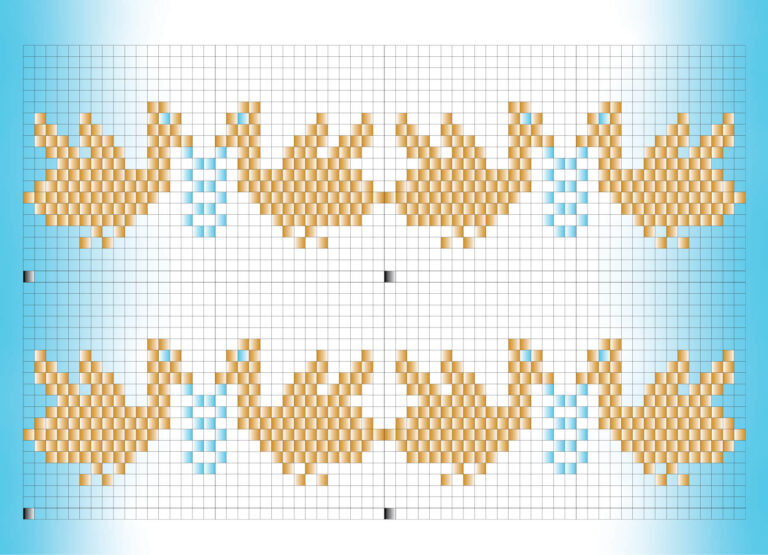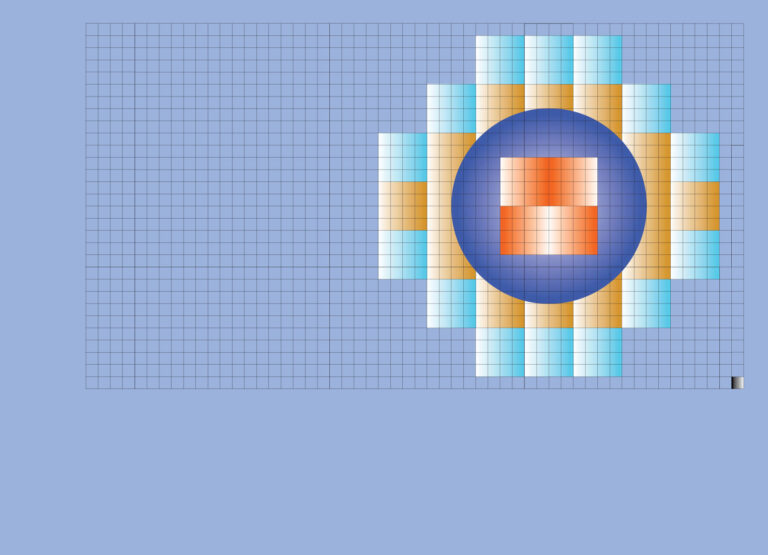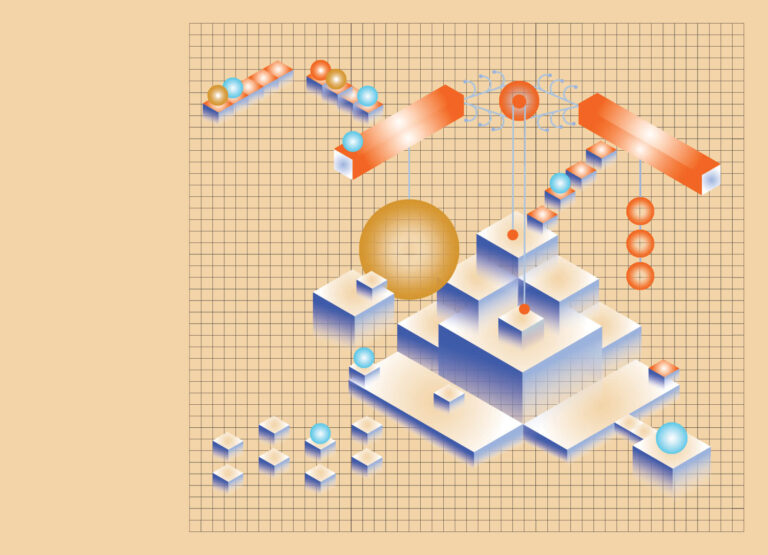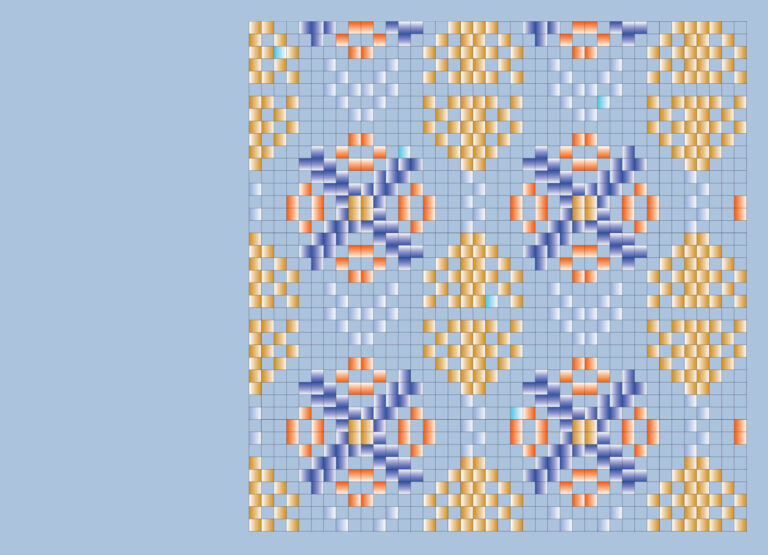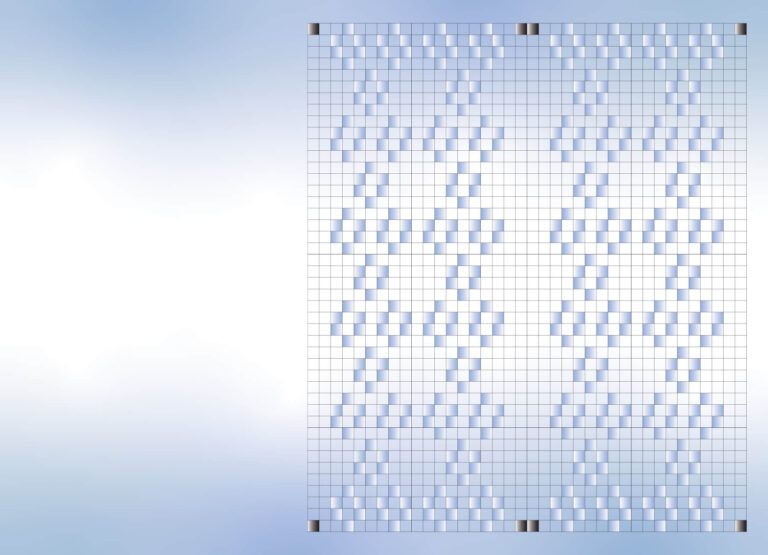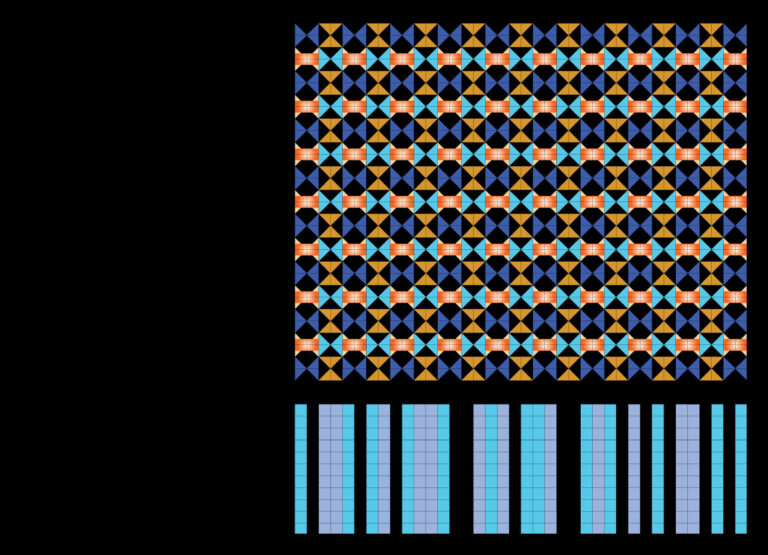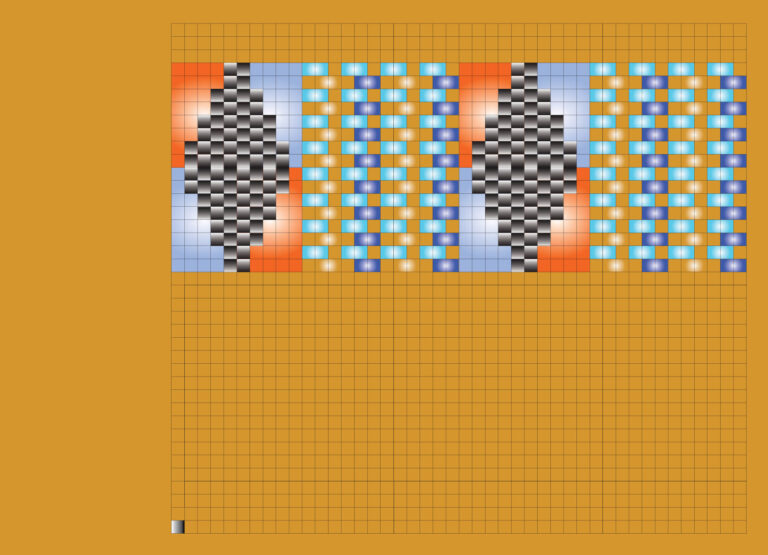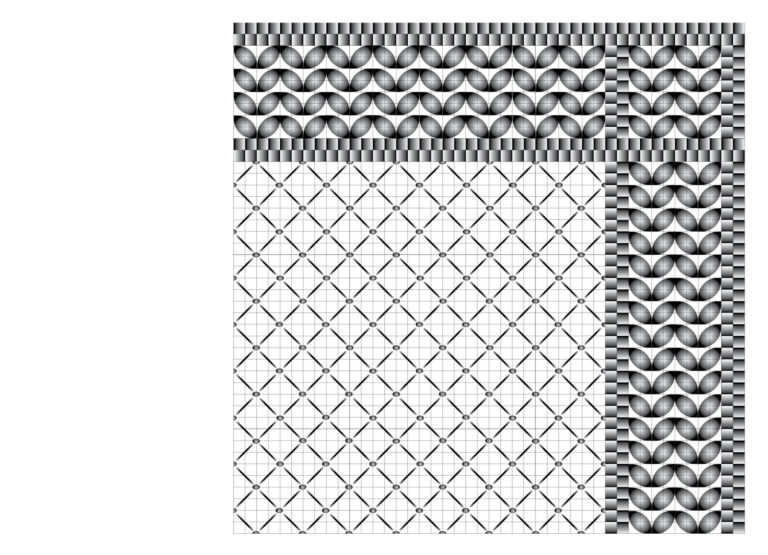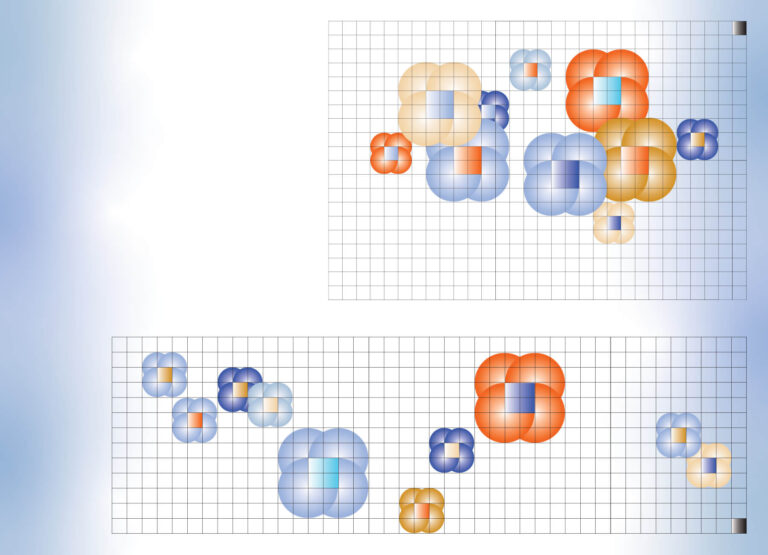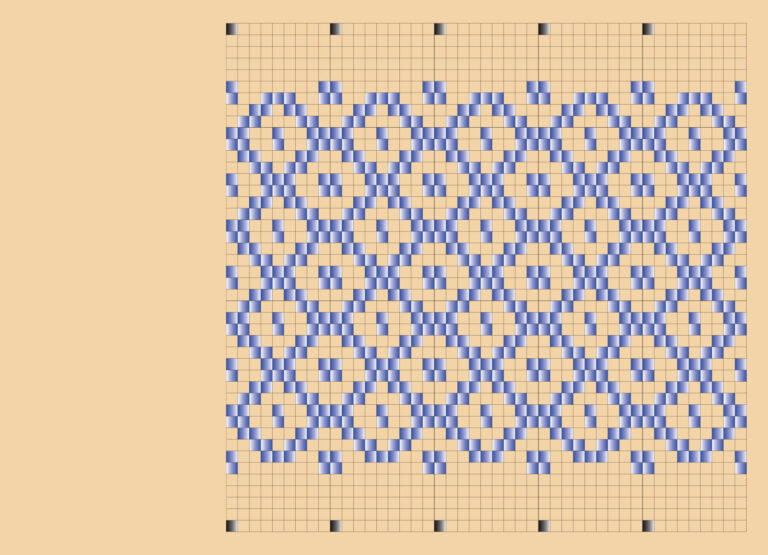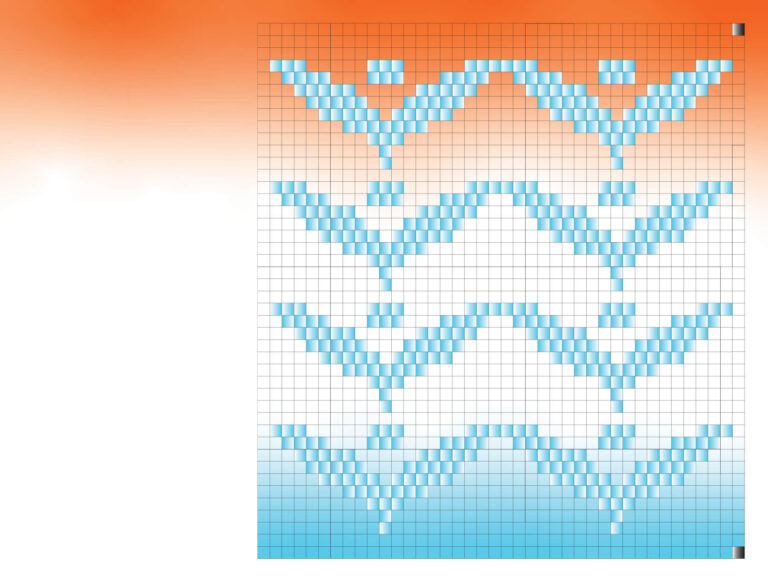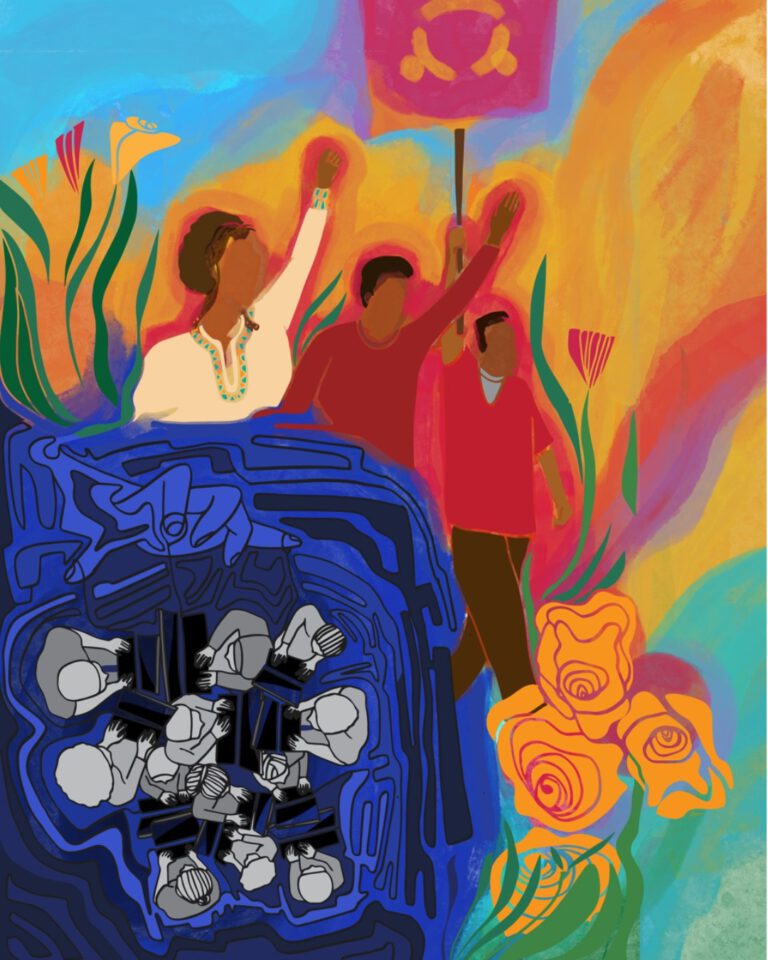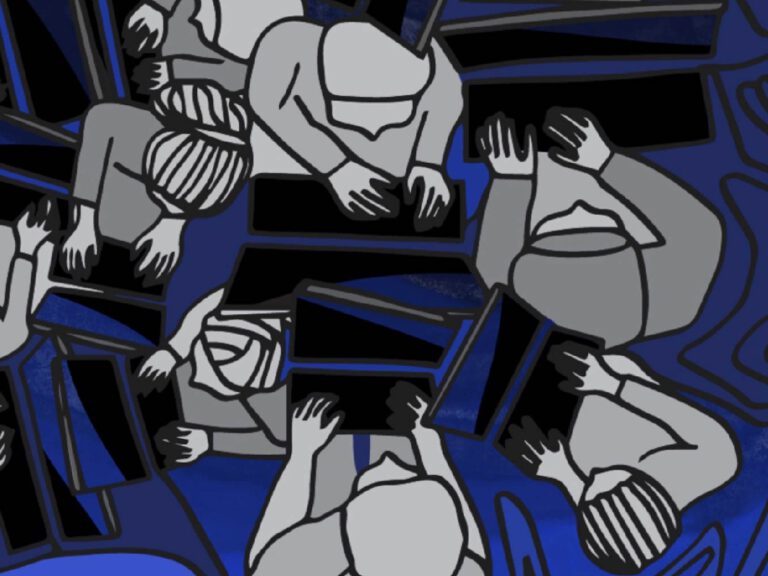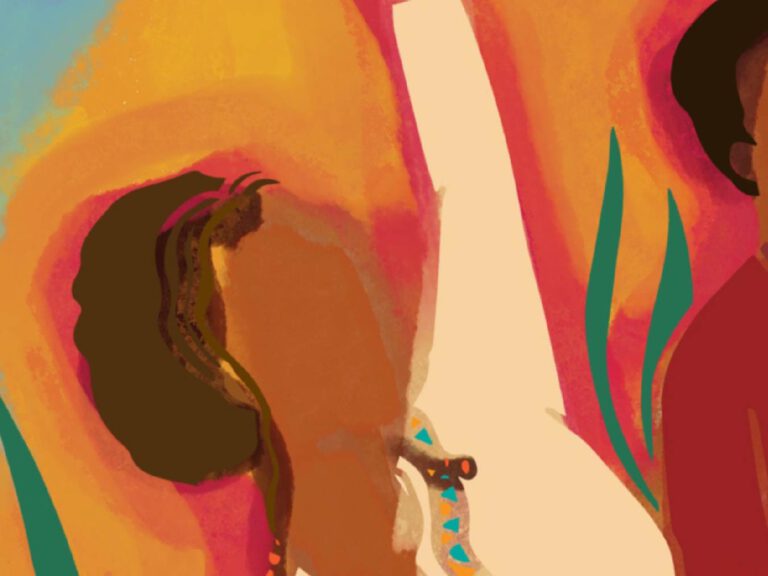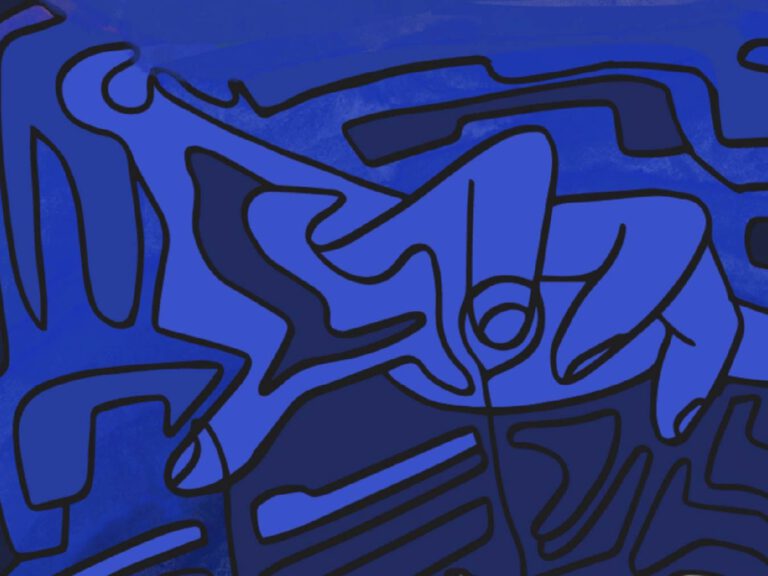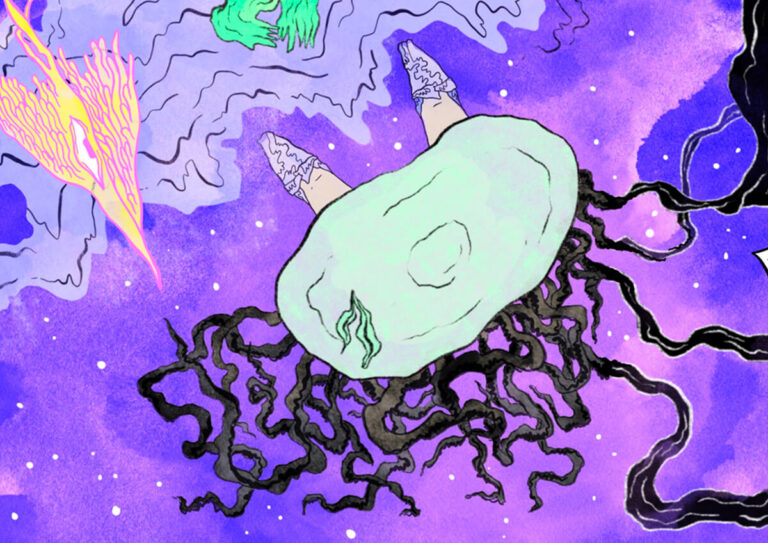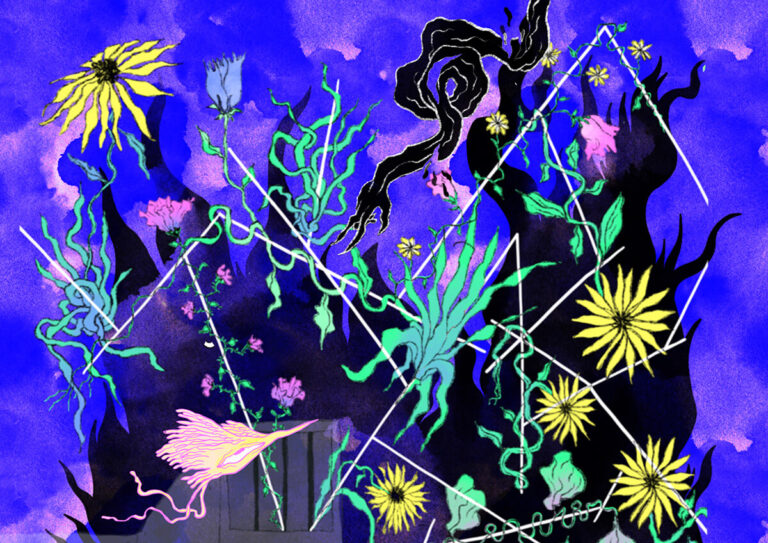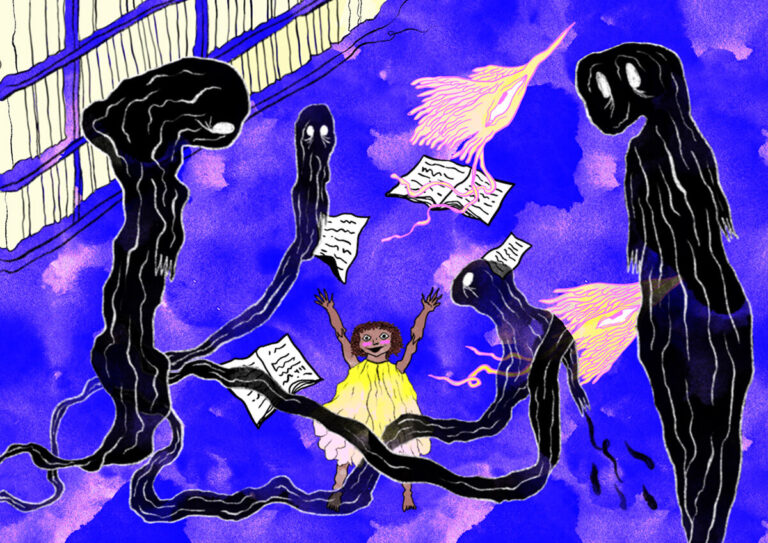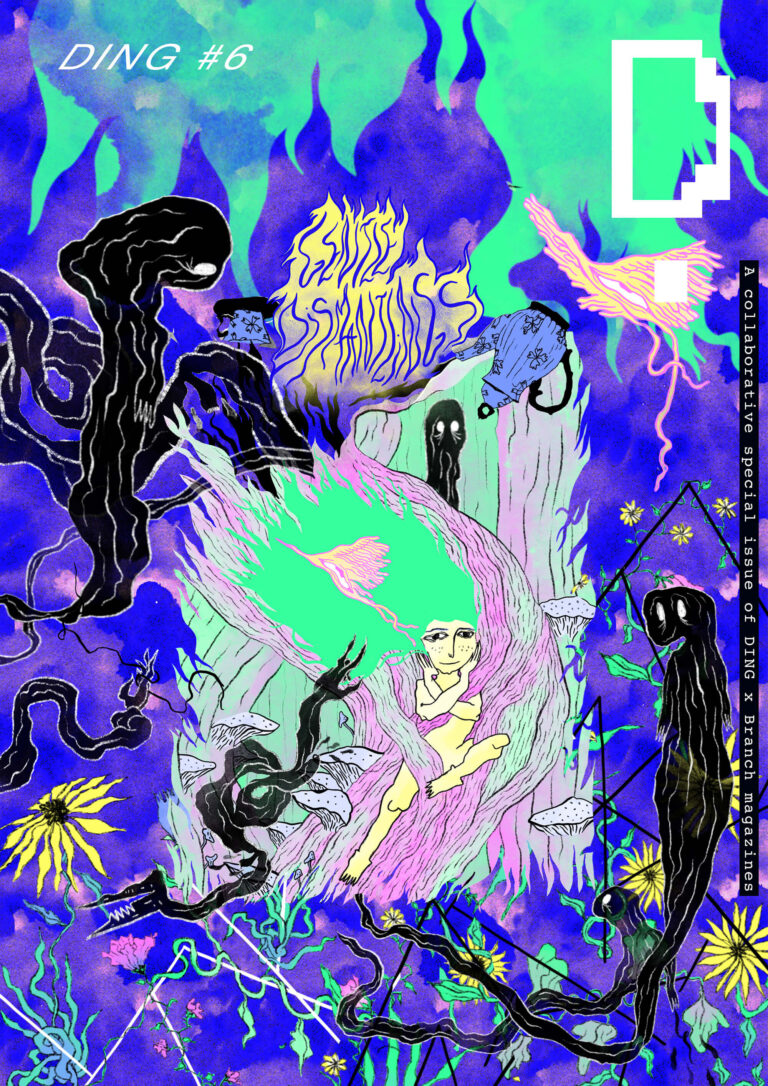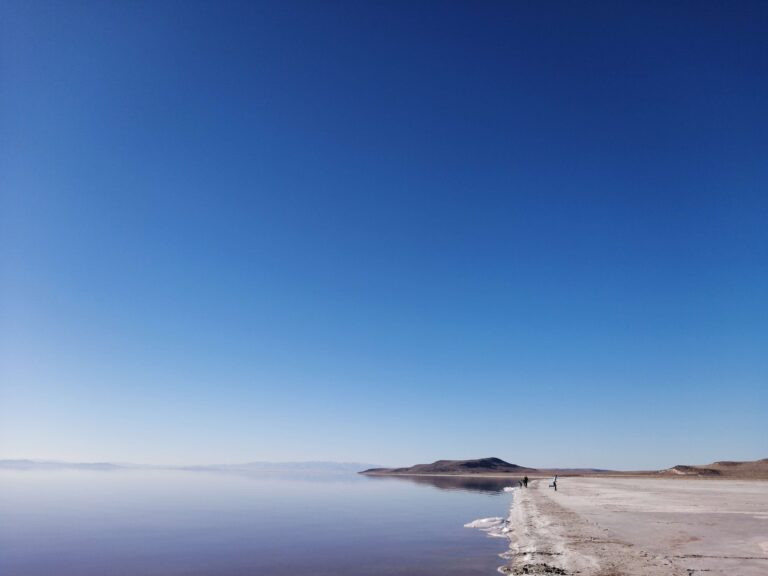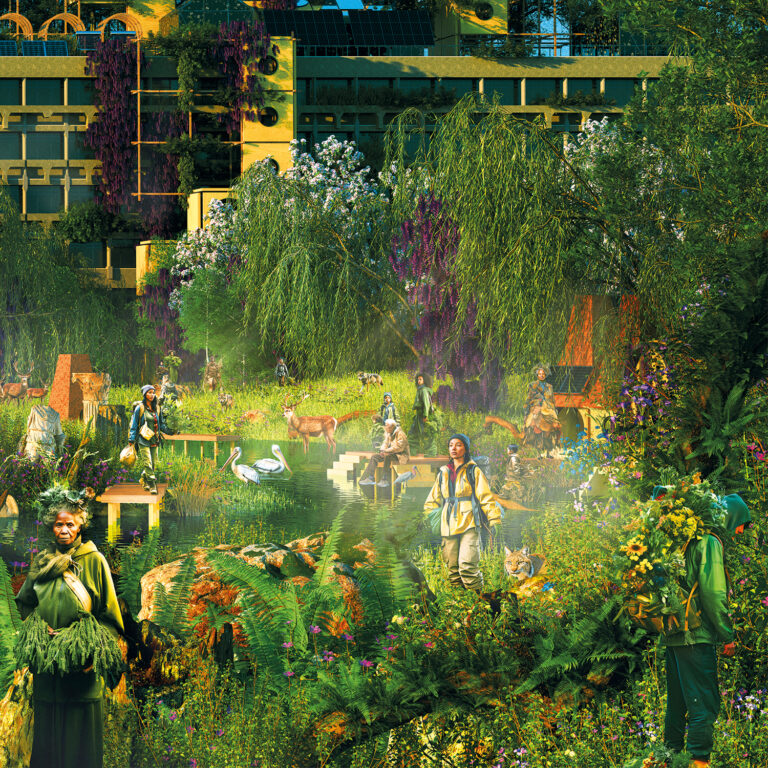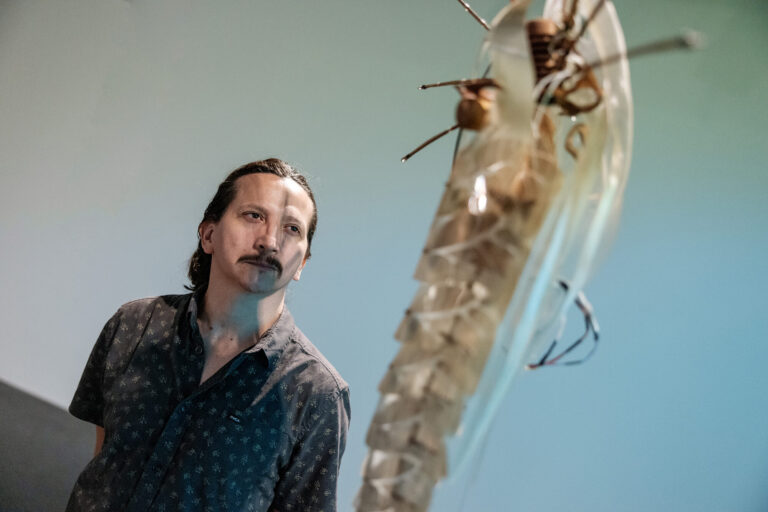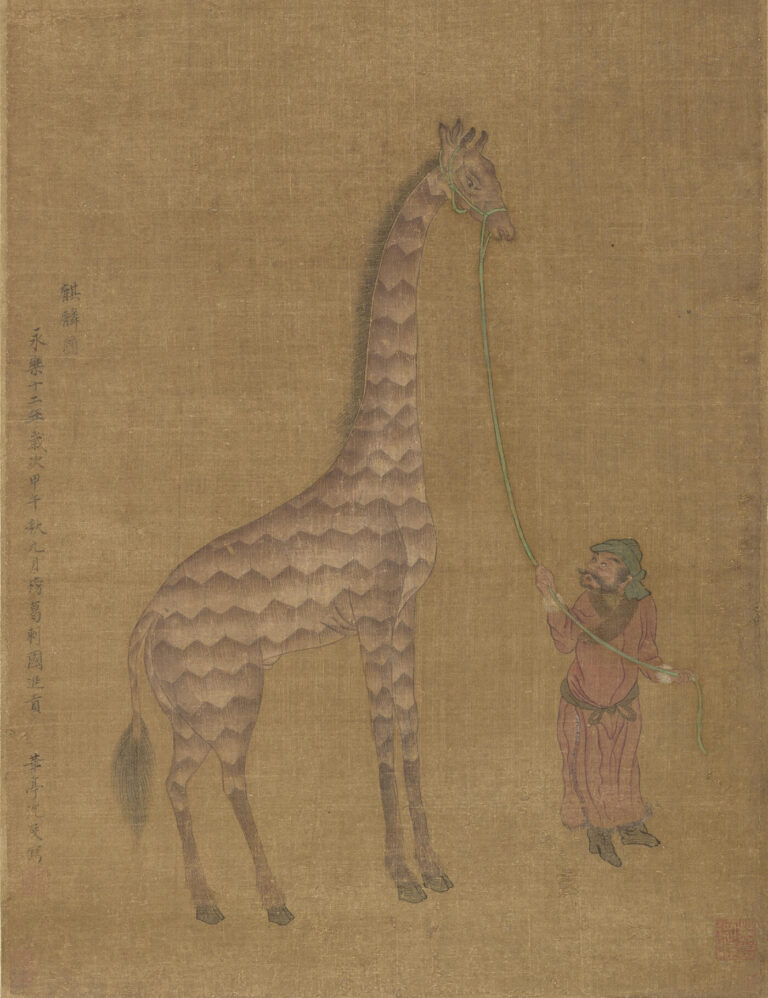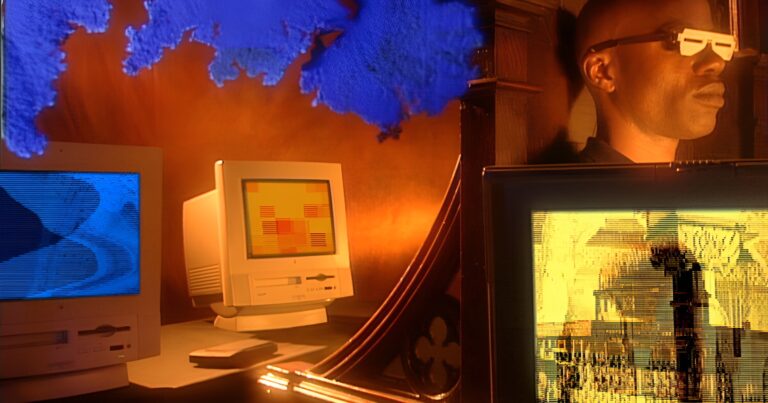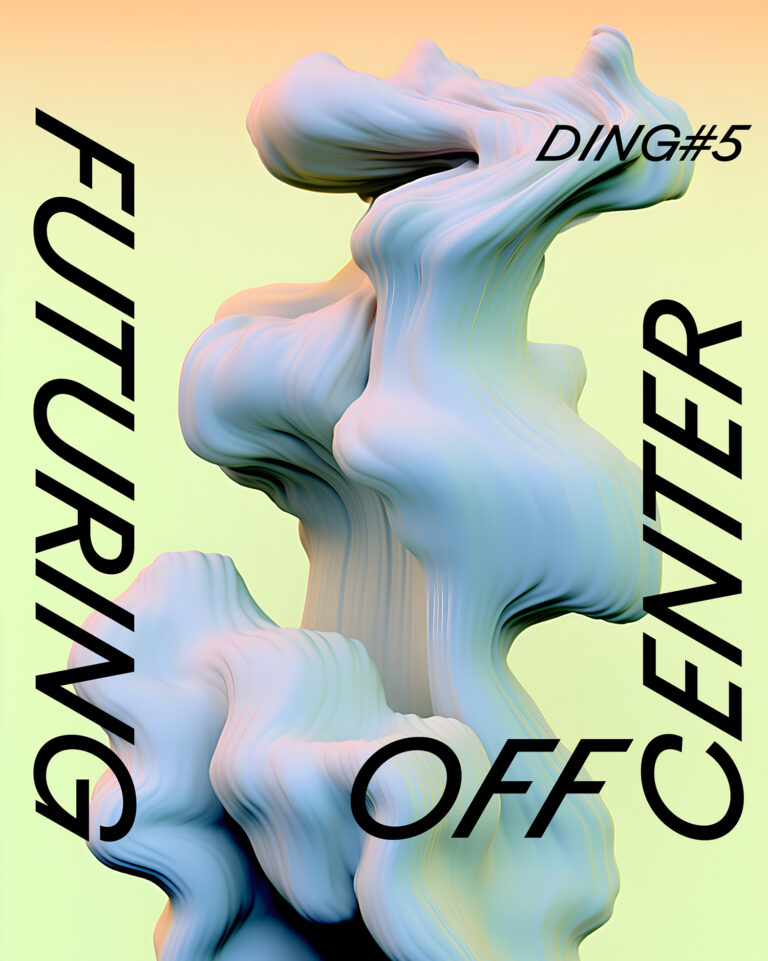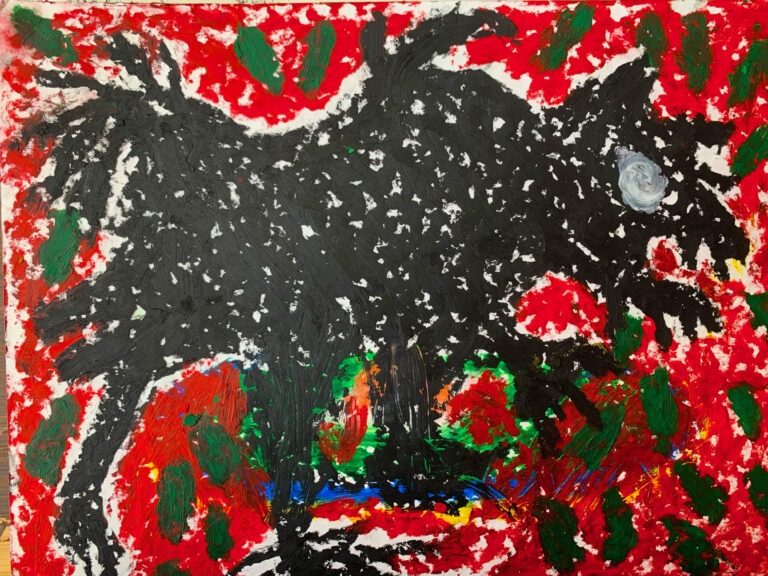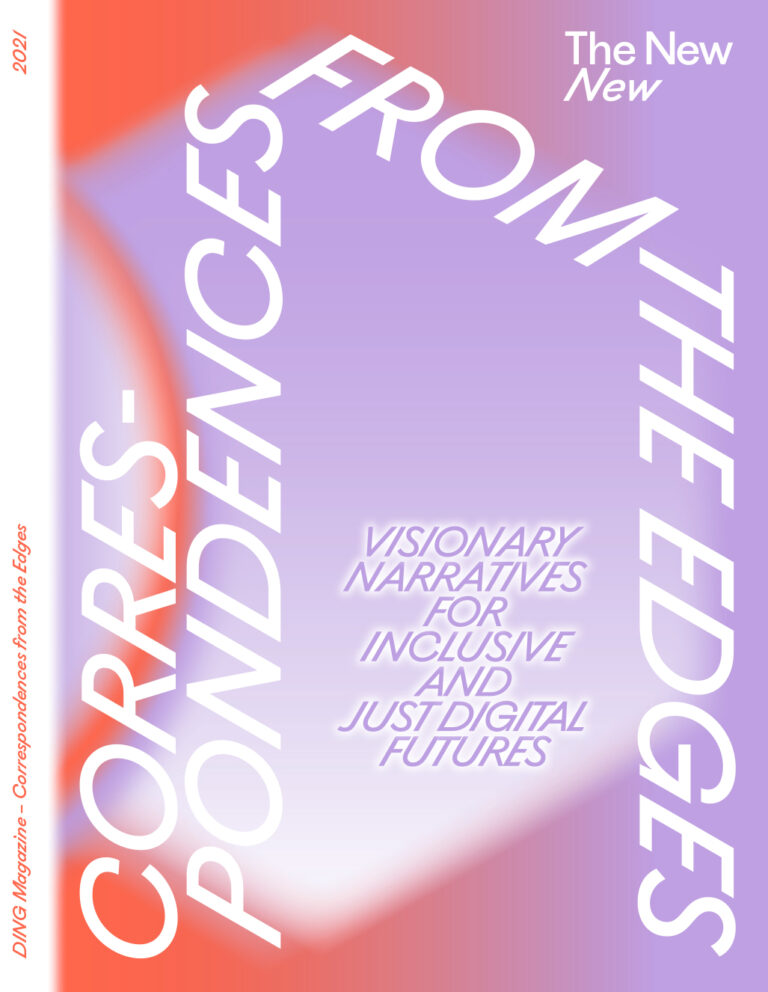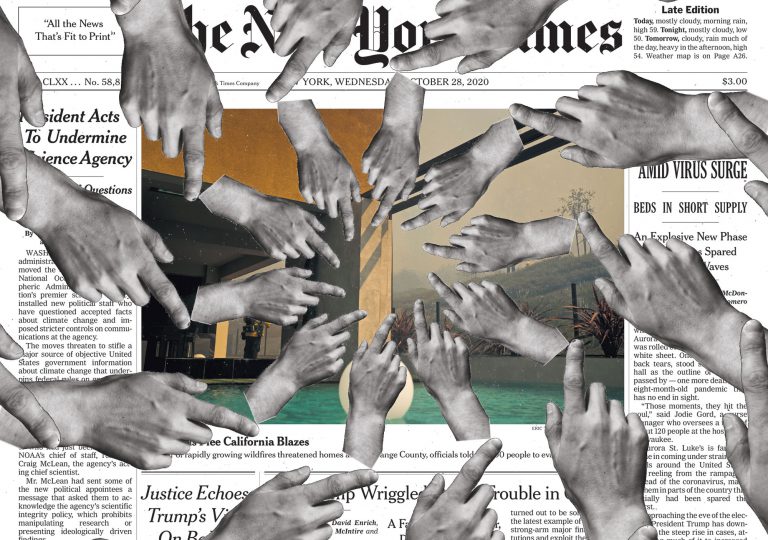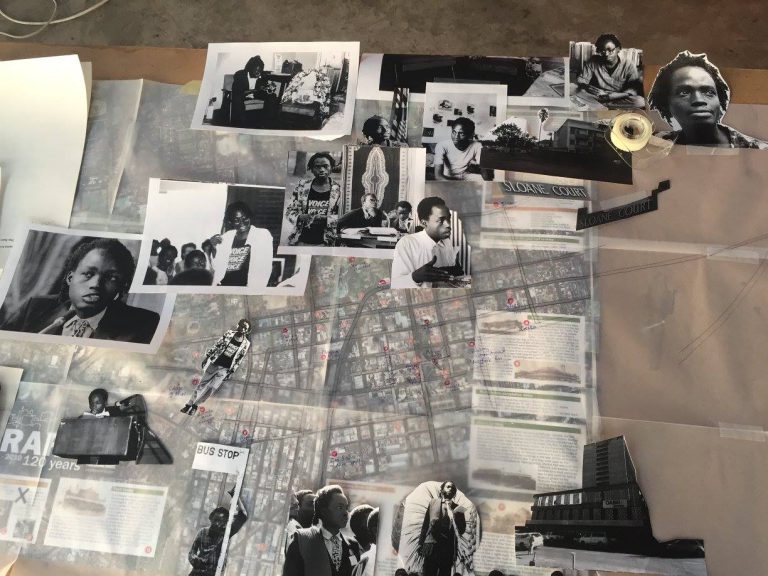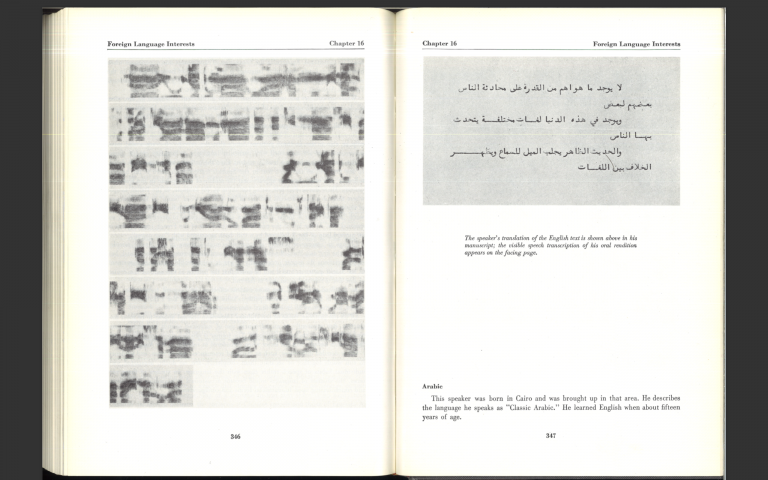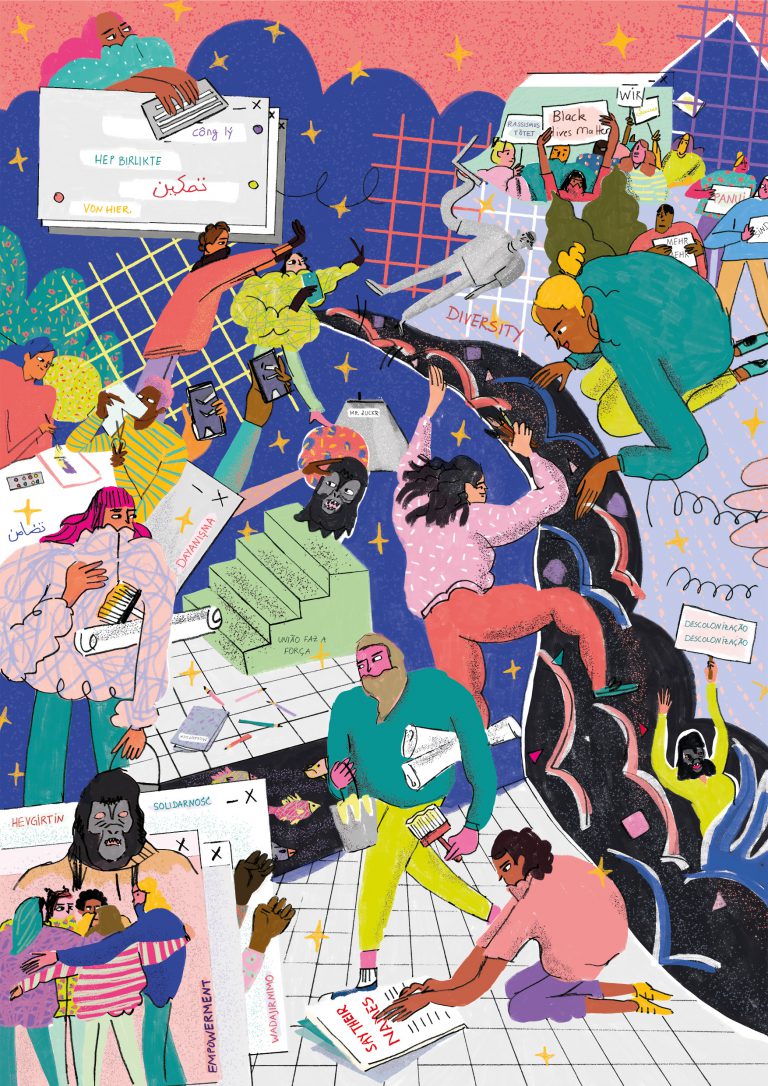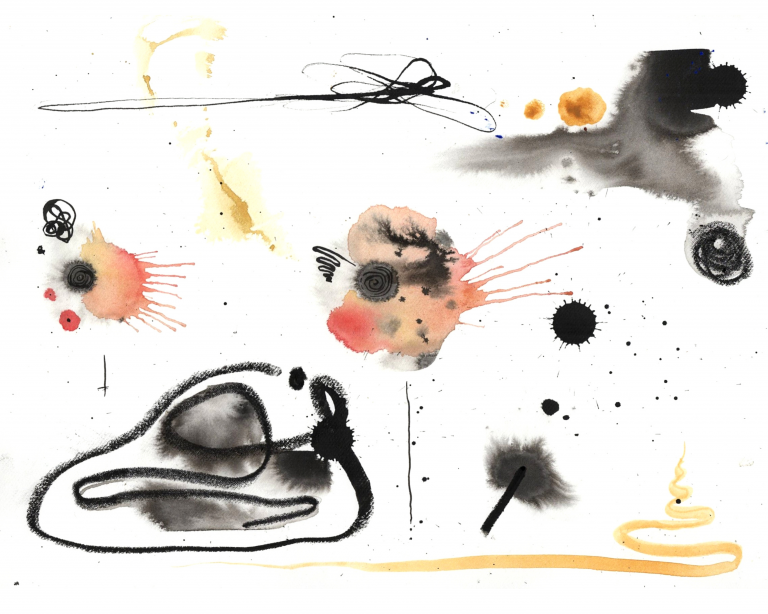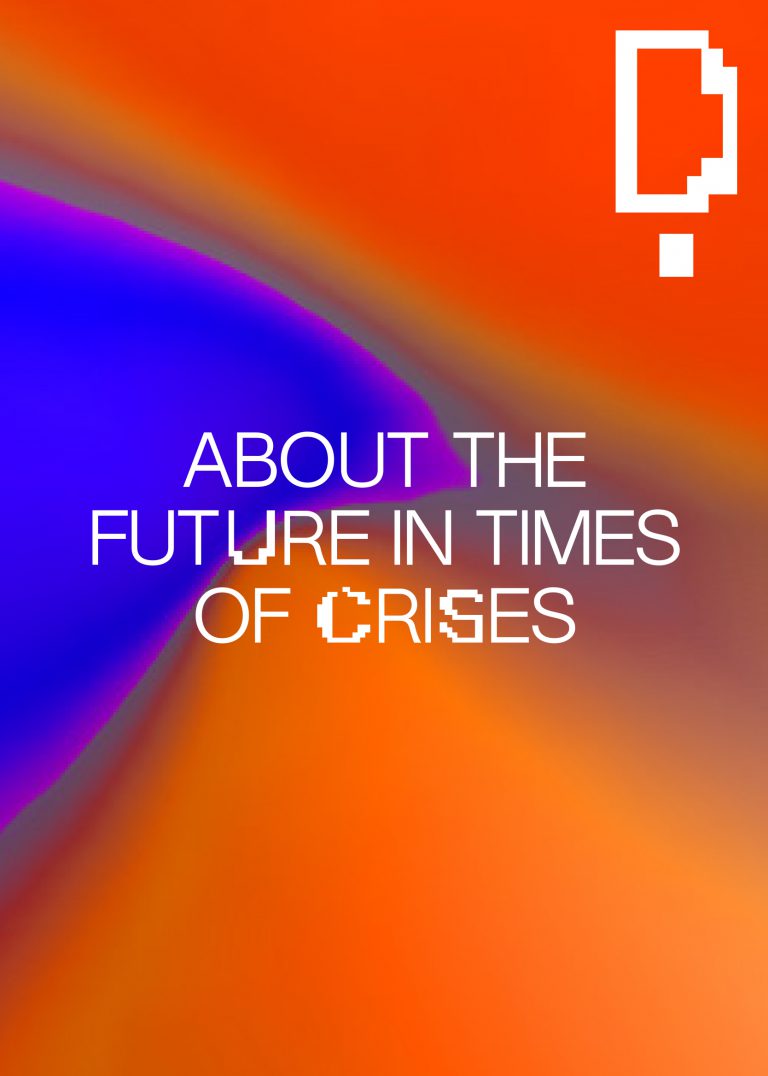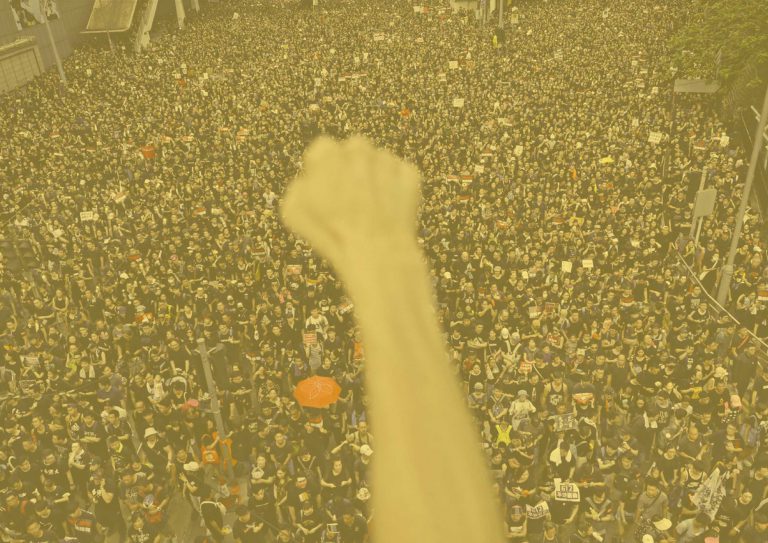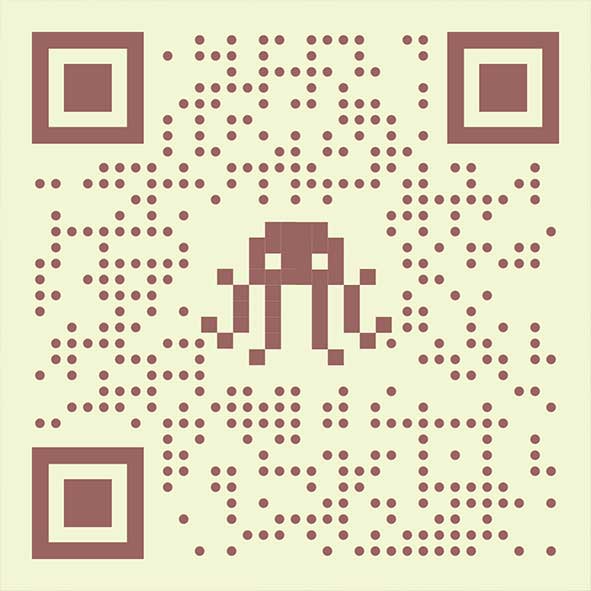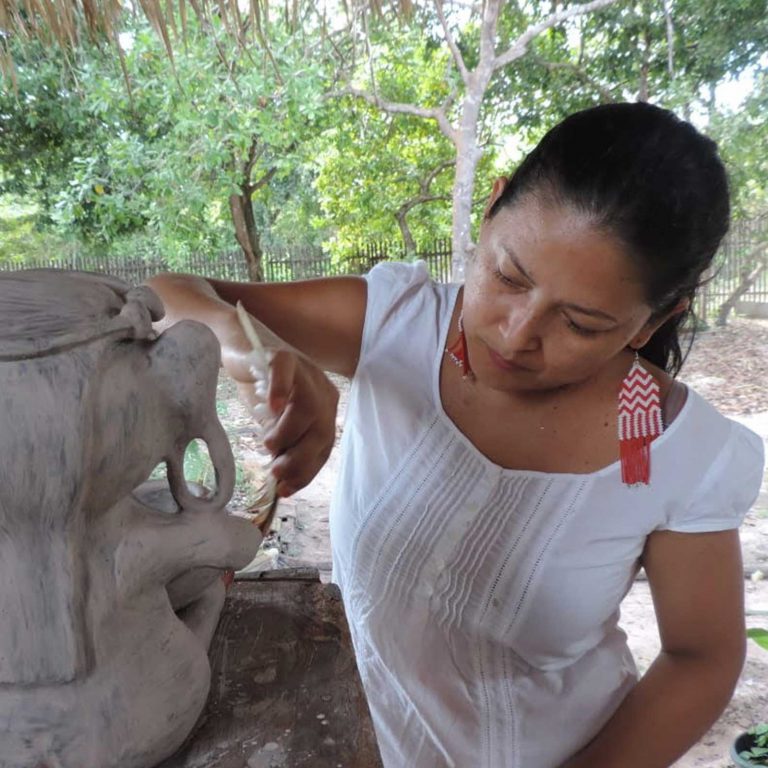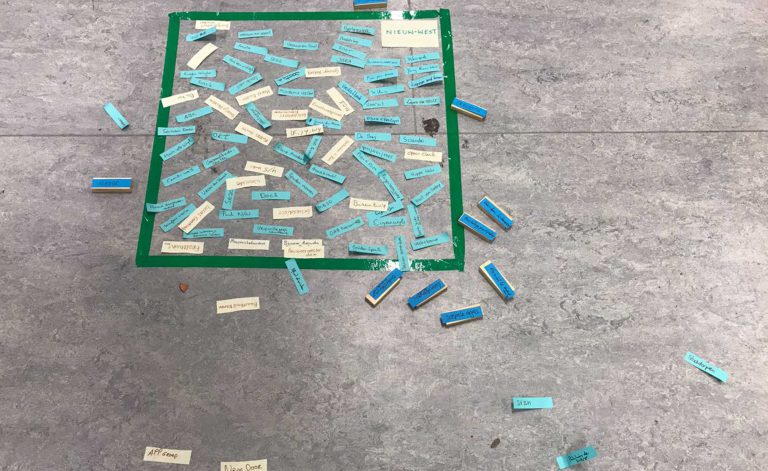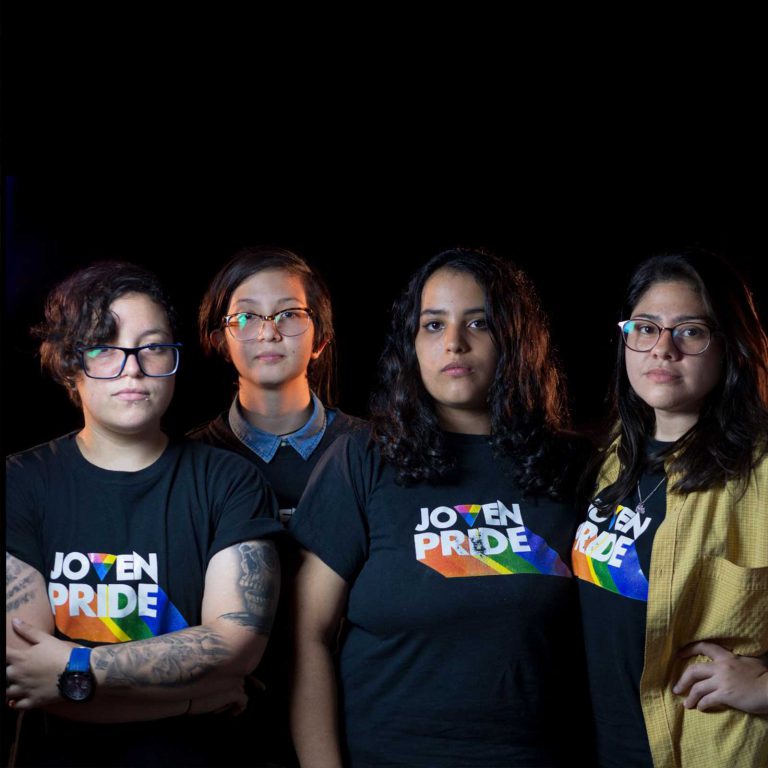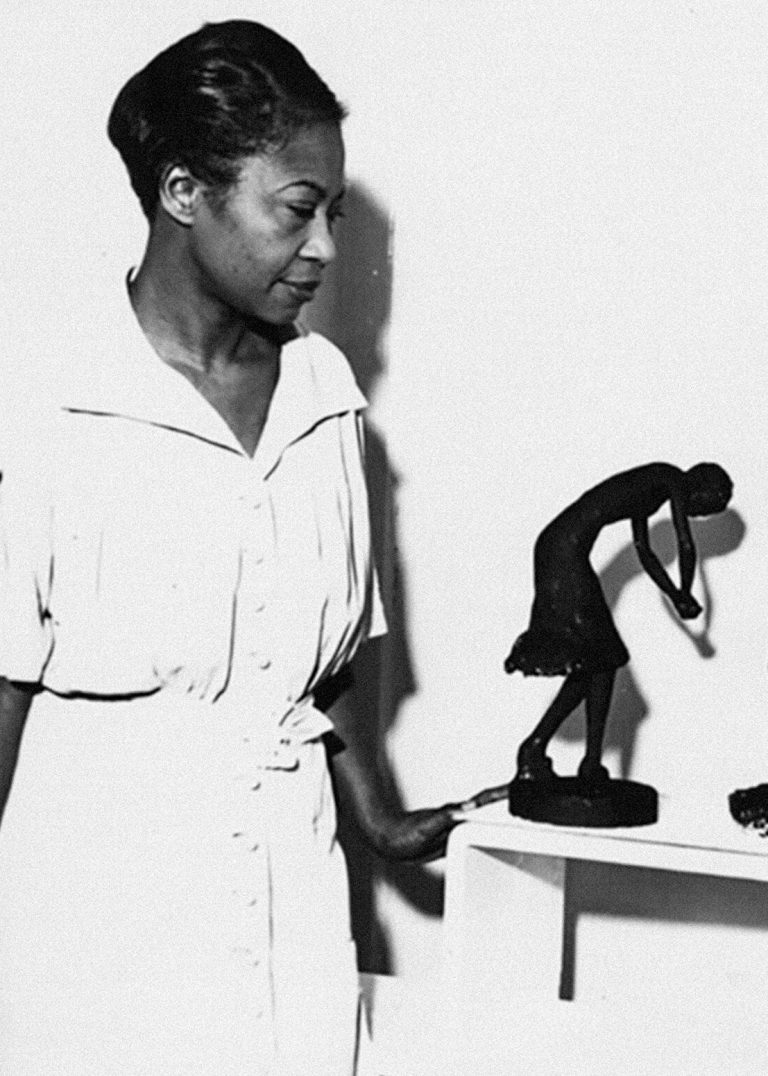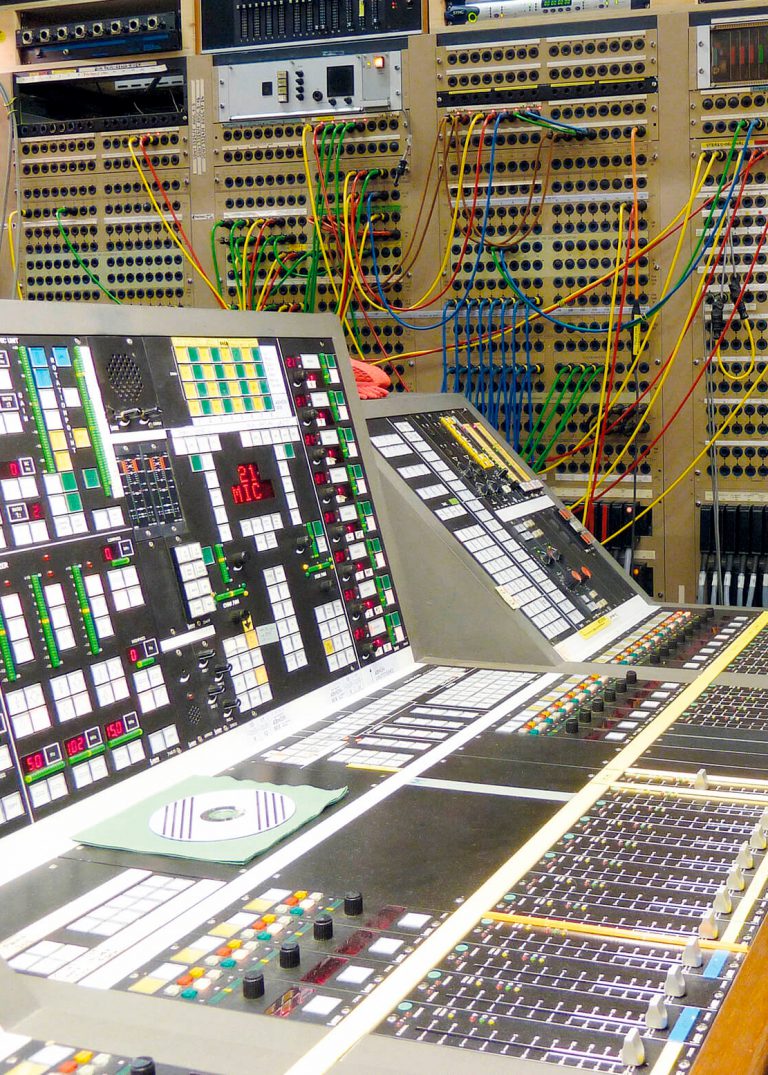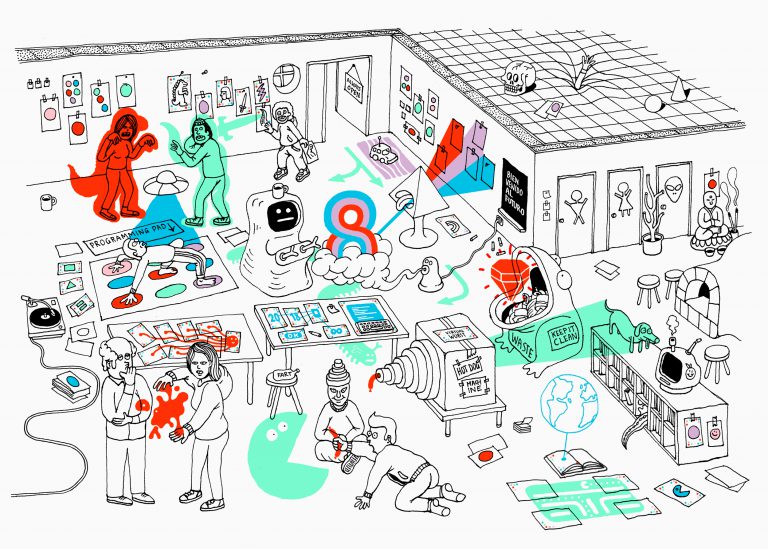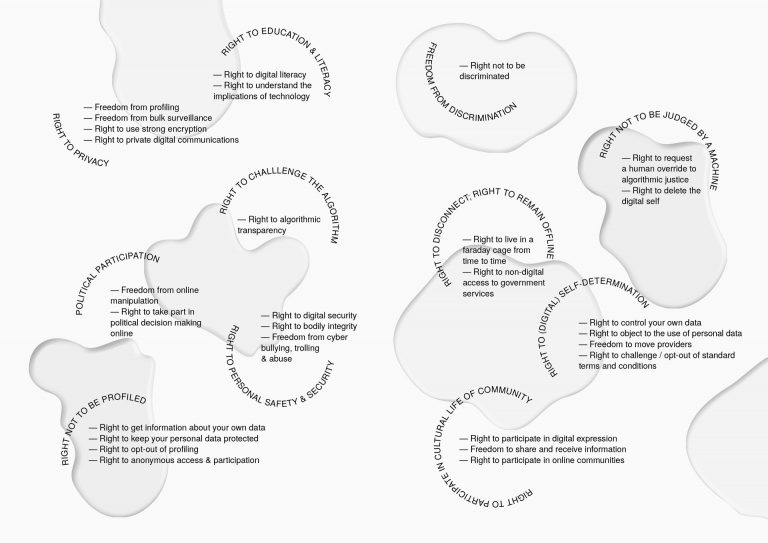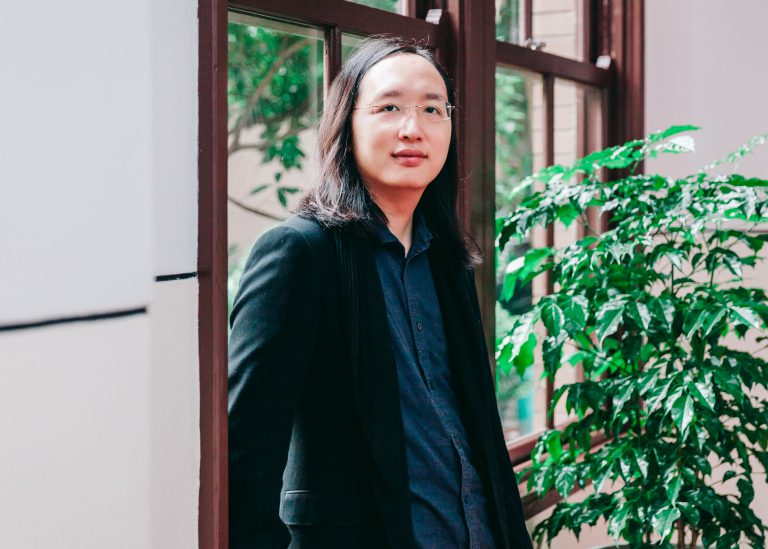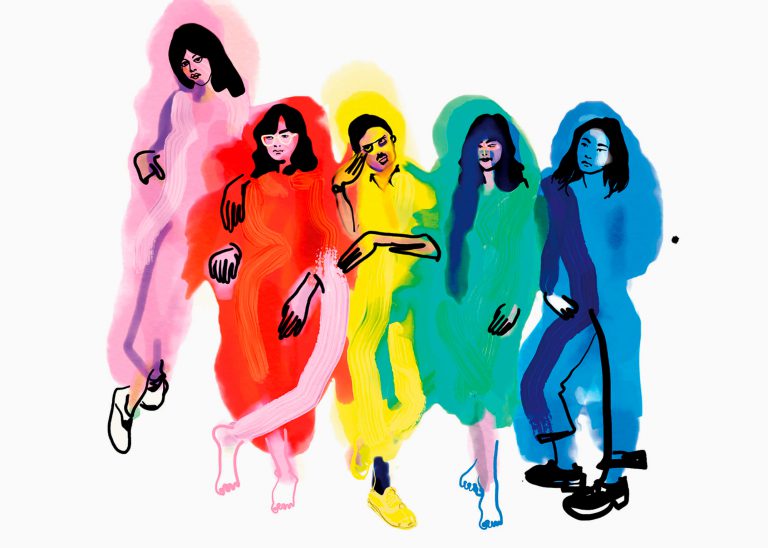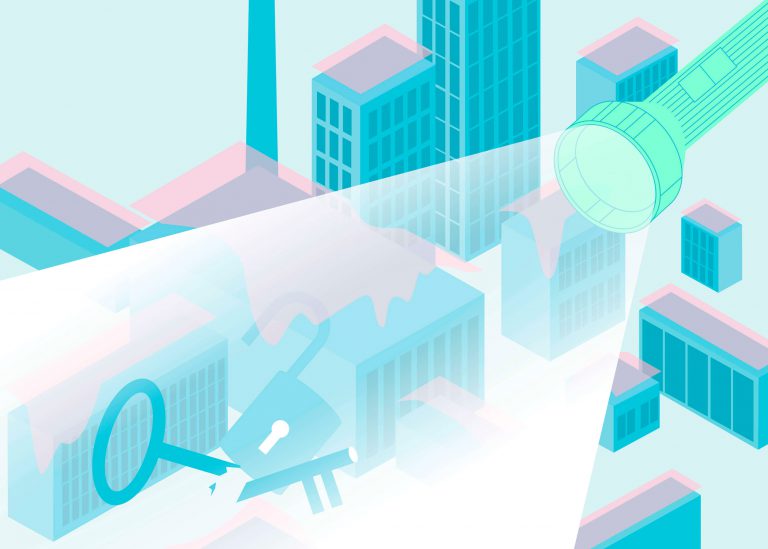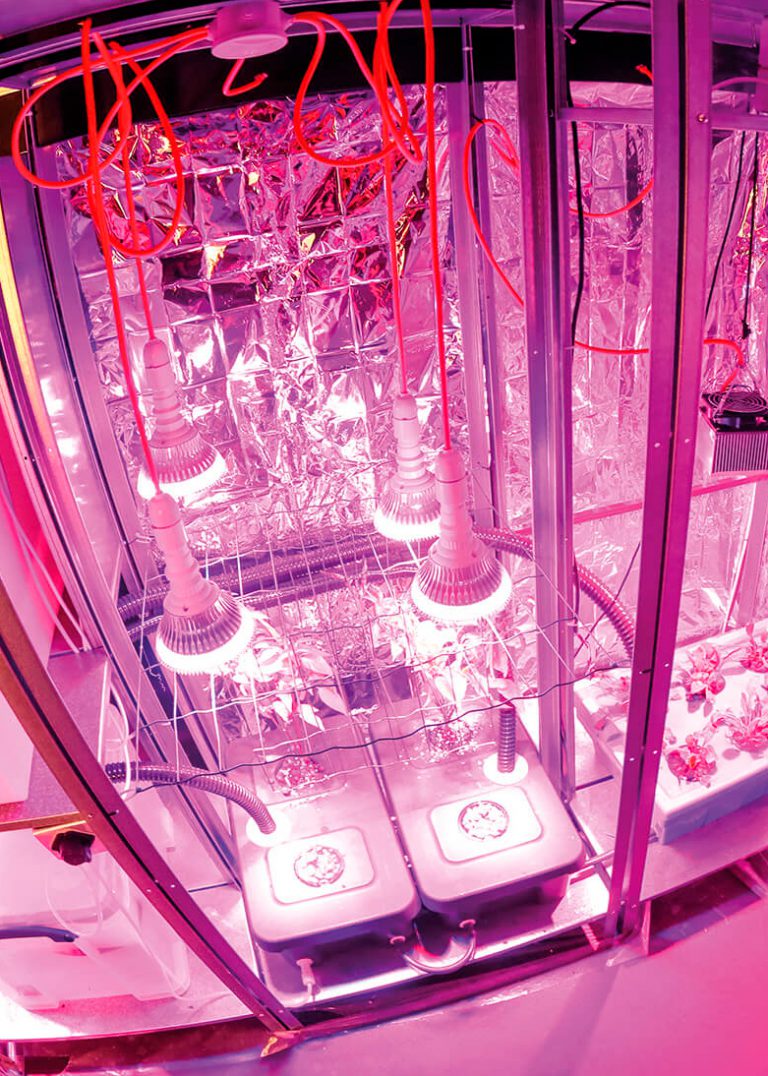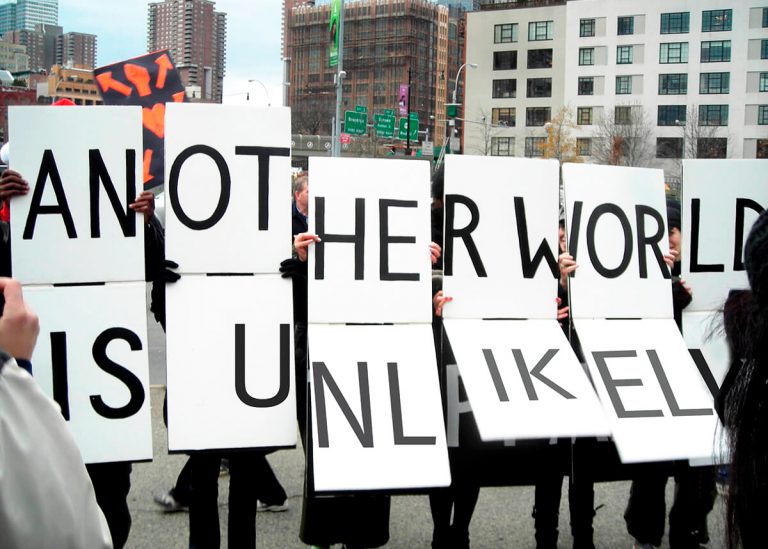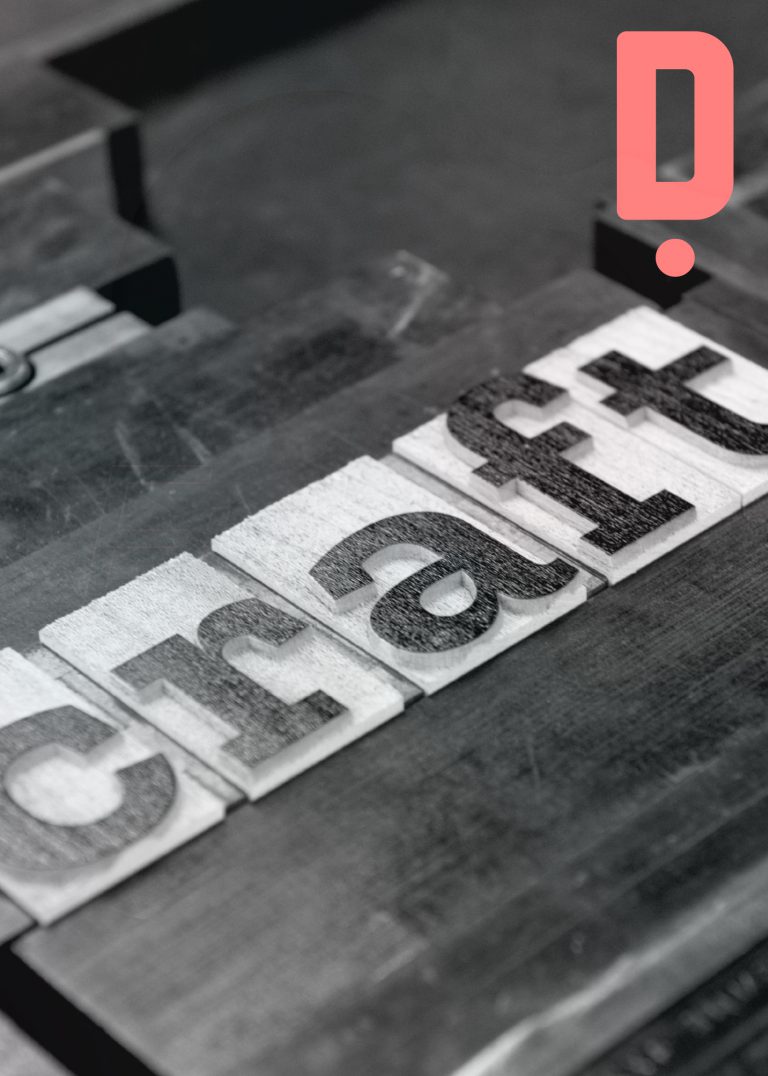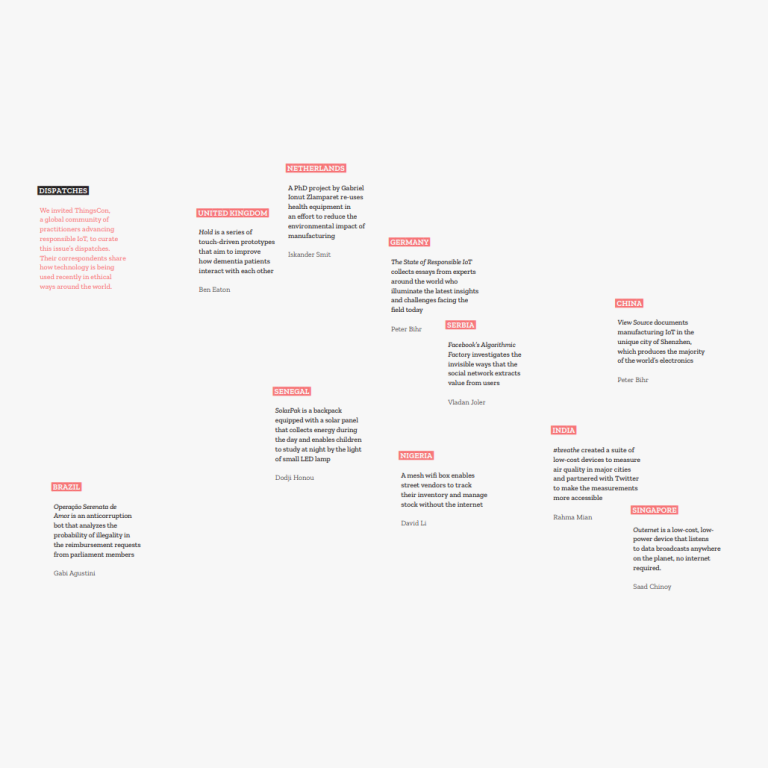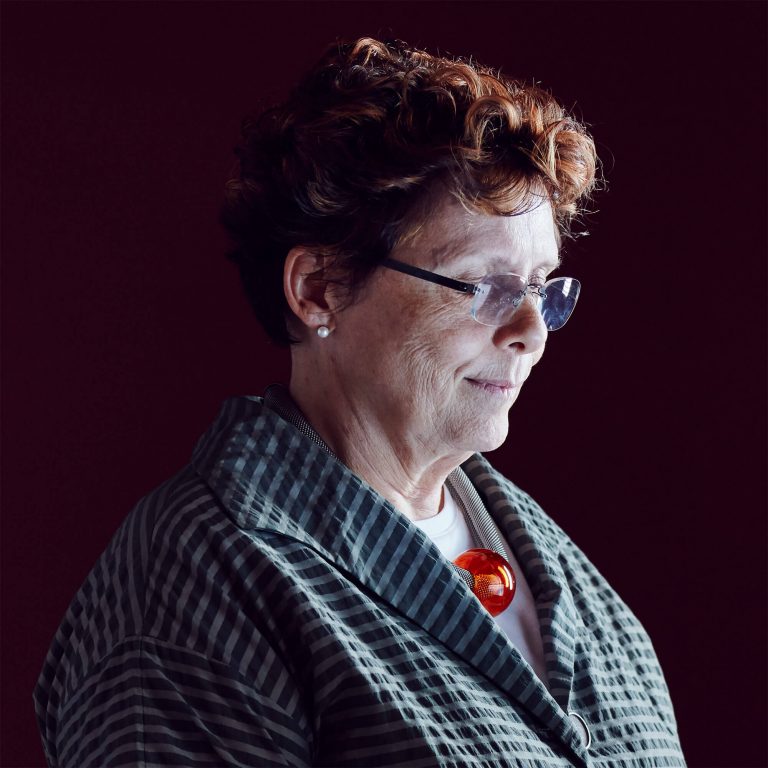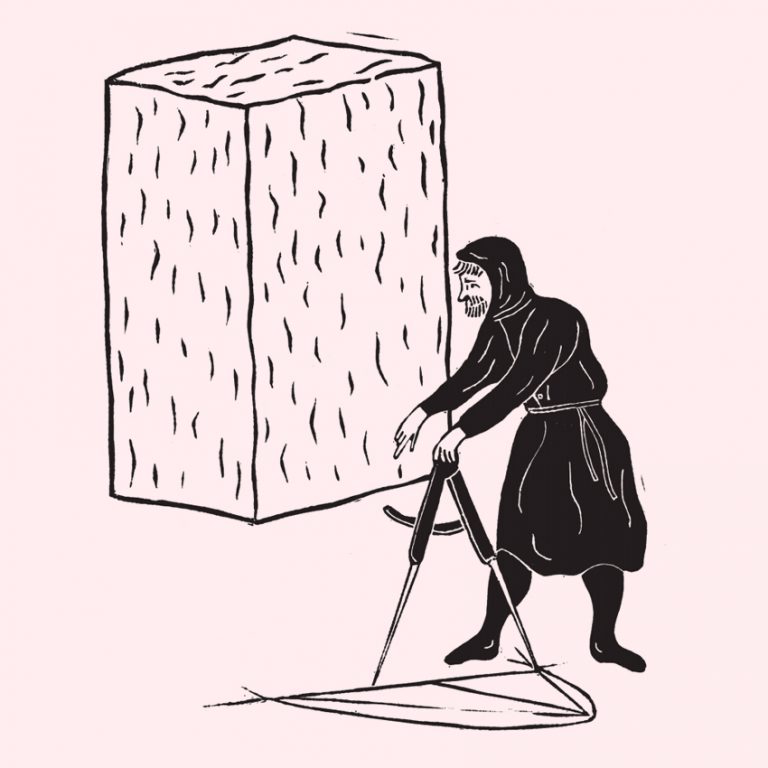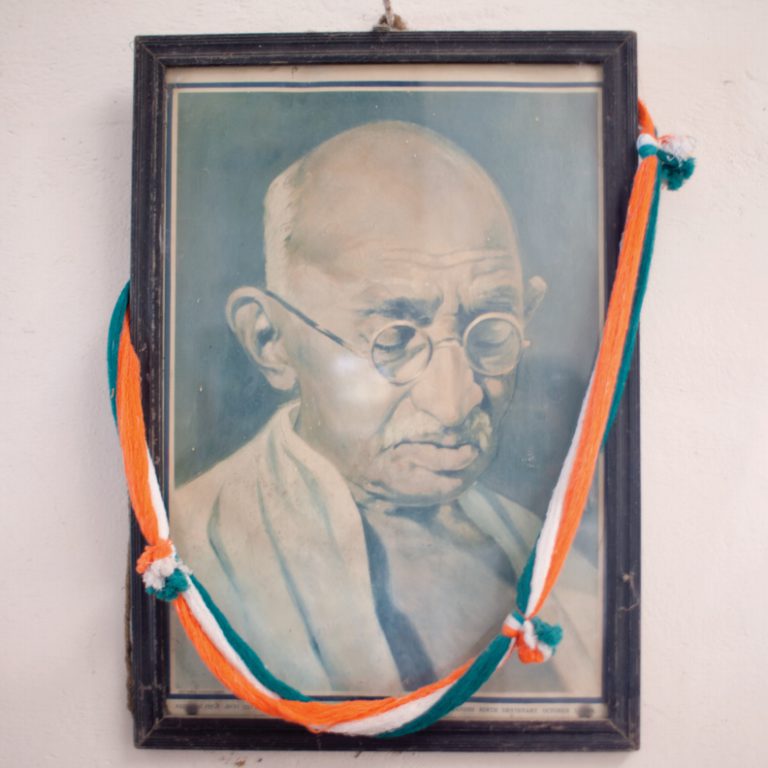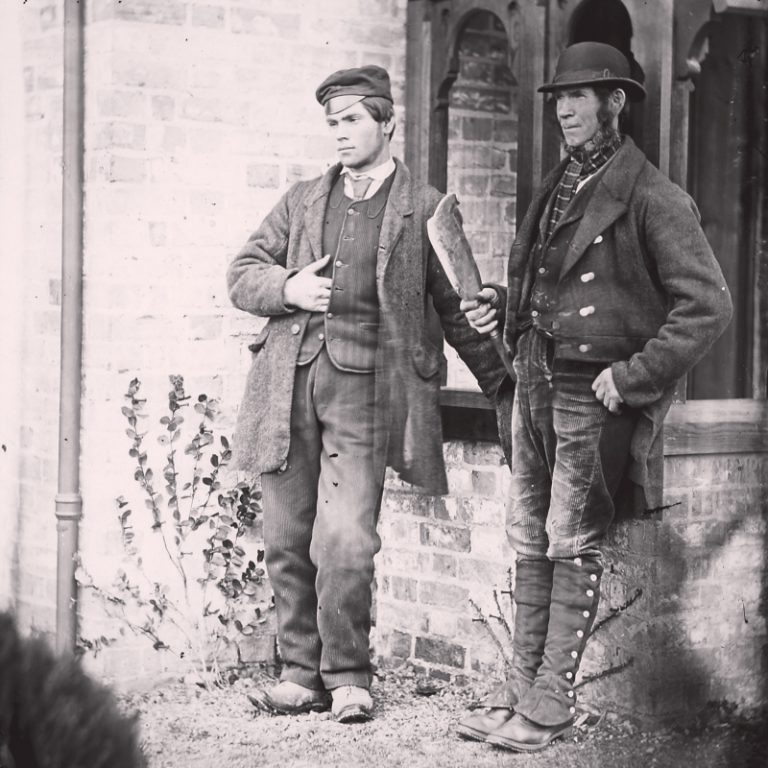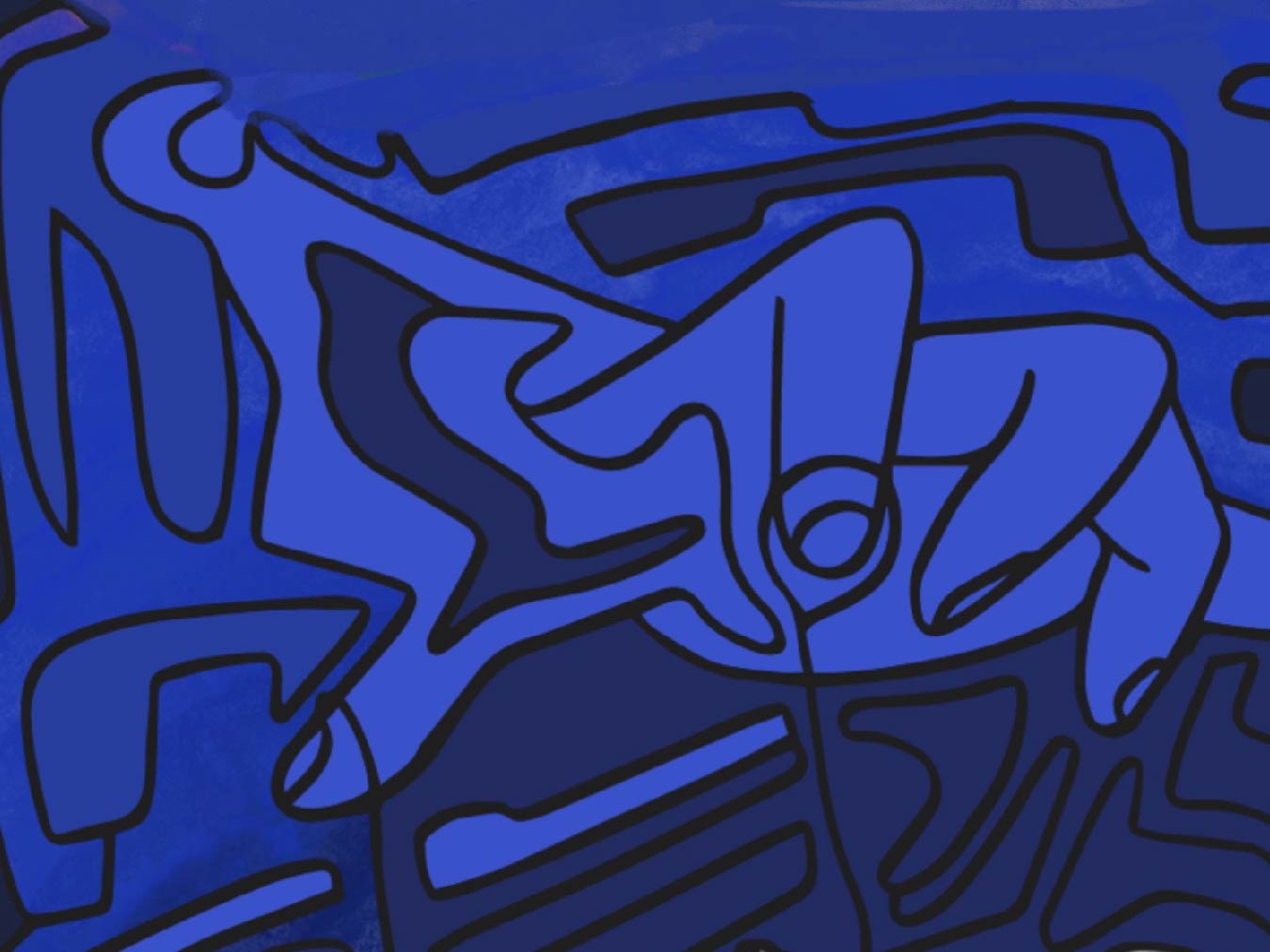
1
The role of content moderation goes beyond choosing what to show on the internet or not. In the digital agora, content moderation emerges as the unseen architect, shaping conversations about society, culture and politics, and influencing our shared reality, communal existence and collective consciousness.
2
The decisions and actions I take in my work as a content moderator have a big impact on the internet and its users. As a steward of information, I am entrusted to make deliberate and thoughtful decisions, each of which has the power to change the course of public discourse. I must strike a careful balance between encouraging positive participation and protecting against harmful content. I am acutely aware of what I do and how important it is to the life and vitality of public conversation.
3
At the heart of content moderation is a puzzle – a puzzle which pits censorship against the preservation of diverse perspectives. Living by the principles of civilization and dignity, I am keen to preserve openness. All perspectives are welcome and respected in creating a thriving exchange of ideas.
4
The elevation and/or suppression of certain narratives or types of expression has greatly influenced the evolution of cultural norms. In training AI to carry out content moderation, moderation algorithms should be able to adapt to variations such as language, cultural nuance and tone, in order to account for important contextual differences, in humour and religious belief, for example.
5
Within the political sphere, content moderation takes on even greater importance. It dispels myths and controls exposure to political content, which in turn shapes the political climate. I am acutely aware of how my actions might affect public perceptions and voter attitudes as I navigate the tricky terrain of ideological alignment and disinformation. The decision to counter misinformation and control political content has the potential to significantly influence the ideological landscapes of our democracies.
6
On the other hand, algorithmic prejudice is a persistent problem that can worsen political polarisation and reinforce echo chambers. As I grapple with the ramifications of filter bubbles and ideological enclaves, I am reminded of my responsibility to protect the integrity of our democratic discourse which so profoundly influences public perceptions and the political systems with which we live.
7
Some see content moderation as a matter of democratic accountability and civil liberties. These people are guided by the principles of transparency and accountability, and a steadfast commitment to the preservation of respect and freedom of expression. Others see it as a technical problem that can be solved using modern AI approaches. The fraught nature of content moderation is reflected in this lack of agreement over suitable legislative frameworks, which in turn influences how it is conducted. As content moderators, we work to maintain the principles of diversity and openness in our digital commons.
8
For example, if content moderation is presented as an infringement of free speech, policymakers may be less inclined toward stringent regulation of platforms’ policies on hate speech, disinformation and sensitive content. Alternatively, if it is perceived as an essential instrument for combatting online threats and establishing a secure environment for users, authorities may be more likely to encourage platforms to deploy extensive moderation, even if it means stifling dissenting opinions.
9
My involvement in the field of content moderation has instilled a profound respect for the significance of meaningful engagement with stakeholders and the power of discourse. To ensure that moderation practices are genuine and purposeful, and align with the welfare of society at large, I am committed to cultivating a culture of transparency, accountability and collaboration while navigating the ever-changing field of digital governance. Notwithstanding the hurdles, I am steadfast in my dedication to preserve freedom of expression.
10
My journey into content moderation has prompted an exploration of the complex relationships that exist between technology, society and interpersonal communication. Thinking back on the ways that my work shapes political beliefs, cultural norms and public conversations, I realise how much power has been placed in my hands. As I look to the future, I am unwavering in my resolve to defend honesty and compassion, and firm in my commitment to maintaining digital democracy. Amid the rapid changes of the digital era, I want my choices and deeds to reflect wisdom and understanding in making a lasting impression on the digital landscape.

